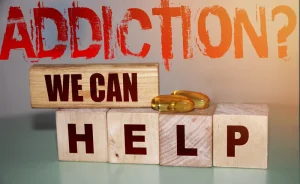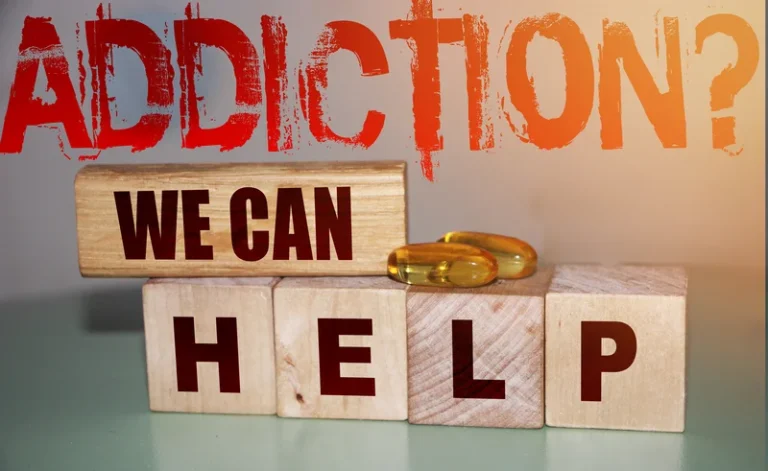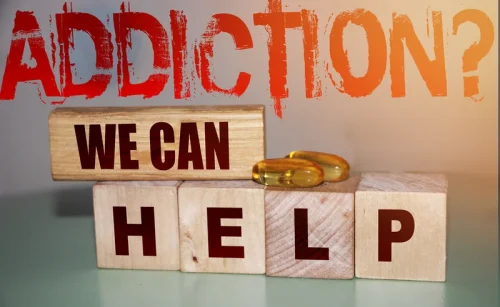As new symptoms develop, they will become more and more intense as withdrawal progresses. One person may complete detox within a few days while another struggles and experiences symptoms for a week or more. Finding an alcohol detox program is for many the first step on the road to recovery from alcohol addiction. Home remedies are not a replacement for medical treatment for alcohol withdrawal but may help to relieve some mild symptoms, such as nausea, fever, and diarrhea. However, it’s not generally recommended, particularly for people who are at a high risk of severe alcohol withdrawal.
Find more top doctors on
Research shows that drinking large amounts of alcohol before bedtime leads to decreased sleep onset and disrupted, poor quality sleep later in the night. While many think drinking alcohol before bed will help them nod off and stay asleep, it’s quite the opposite. For instance, Dasgupta cited research he conducted on the relationship between genetics and alcohol misuse.
- But if you’ve gone through alcohol withdrawal once, you’re more likely to go through it again the next time you call it quits.
- If someone has any of these risk factors, medically monitored detox is typically necessary to avoid possible complications or death.
- They may linger after acute withdrawal or show up weeks to months later.
- On the emotional side, many people experience a strong self of resolve in the first 24 hours.
- Alcohol withdrawal symptoms can be greatly reduced or even eliminated with proper medical care.
- AWS is more common in adults, but children and teenagers who drink excessively may also experience the symptoms.
Support Groups
You may notice less heartburn, gassiness, bloating and stomach pain, and your bowel movements may become more alcohol detox side effects normal. Stage one of withdrawal begins within 6 to 12 hours after the last drink. You, nor your loved one, are under any obligation to commit to a Legacy Healing Center treatment program when calling the helpline. Withdrawal symptoms generally reach their peak after about one to two days, with most beginning to decline soon after. Inevitably, the result of so many setbacks is a higher risk of continued future misuse of alcohol and an even more dangerous relationship with the substance. “I would suggest cutting back on several things rather than completely eliminating to avoid feeling deprived, which can lead to rebound eating/drinking and weight regain,” she said.
Here’s What Alcohol Withdrawal Symptoms Actually Feel Like
As you continue to commit to long-term recovery, support group meetings like Alcoholics Anonymous (AA) or online support communities might be helpful. It’s typical for withdrawal symptoms to begin within hours to a day or two after you have your last drink. Symptoms are often at their worst around 24 to 72 hours after you stop drinking.
Day 13
If you’re a heavy drinker, you’re at an increased risk of developing certain diseases, such as cancer, heart disease, and stroke. However, when you stop drinking, your risk of developing these diseases decreases. The brain also begins to repair some of the damage and shrinkage you may have experienced while drinking. One study showed that after 6 weeks of abstinence from alcohol, brain volume increases by an average of 2%. Alcohol dependence can make it harder to think or remember things. Over time, heavy drinking can cloud your perception of distances and volumes, or slow and impair your motor skills.
- Feeling at your best physically can boost resilience and emotional strength, equipping you to weather challenges that trigger the desire to drink.
- Those with a wider circle of support have a better chance of staying sober.
- This is because alcohol can cause changes in brain chemistry, which can lead to cognitive problems.
- One in 20 people undergoing alcohol detox will experience a serious side effect known as delirium tremens or DTs.
- Find a supportive friend or family member to be with you while you withdraw and support your new non-drinking lifestyle.
- Stopping alcohol can seem daunting, especially if you use it frequently or if it is a central part of your social life.
But once you fall into slumber, it can wake you up repeatedly in the night. Plus, it disrupts the important REM stage of sleep and may interfere with your breathing. Try skipping alcohol, especially in the late afternoon and evening, for more restful shut-eye. If you decide to get treatment, your doctor can recommend the type of care that you need. If you or someone you know shows signs of delirium tremens, go to the emergency room immediately. Dial 999 for an ambulance if you suspect alcohol poisoning and you’re worried.
What Is Alcohol Withdrawal?
Alcohol use disorder frequently occurs alongside other mental health conditions. Pre-existing mental health conditions can sometimes lead people to turn to alcohol to cope with their symptoms. In other cases, long-term alcohol exposure can increase a person’s risk of developing a psychiatric illness. With their ability to impact a person’s physical and psychological health, alcohol withdrawal symptoms are troubling, but severe withdrawal symptoms can put people in substantial danger. If you are concerned about potential alcohol withdrawal symptoms, talk to your doctor. A doctor can evaluate your overall health and alcohol abuse history to help you determine how likely it is that you’ll experience symptoms.
Alcohol Detox at The Recovery Village
It can even make it harder for you to read other https://ecosoberhouse.com/ people’s emotions. But if you quit, your brain seems to be able to regain some of these abilities. For mild alcohol withdrawal that’s not at risk of worsening, your provider may prescribe carbamazepine or gabapentin to help with symptoms. But treatment varies based on the severity of alcohol withdrawal and the likelihood that it could progress to severe or complicated withdrawal.






